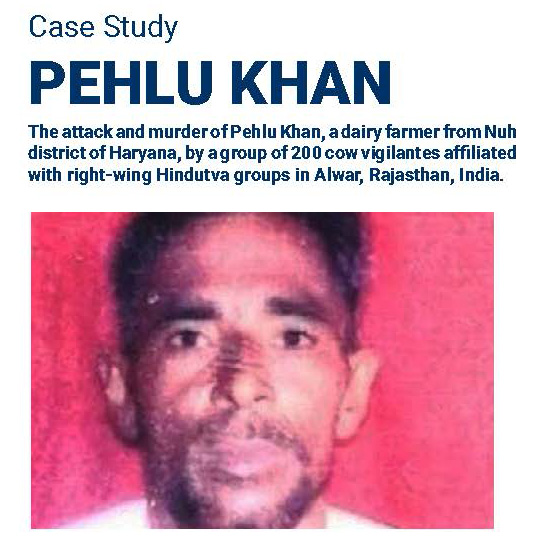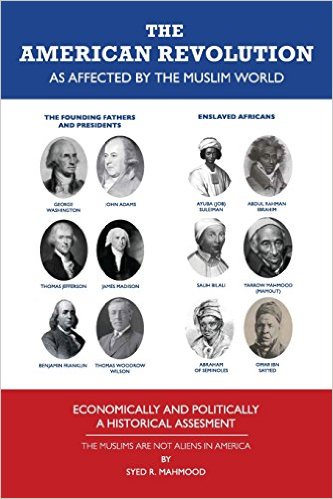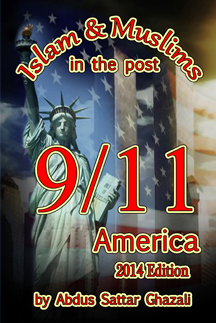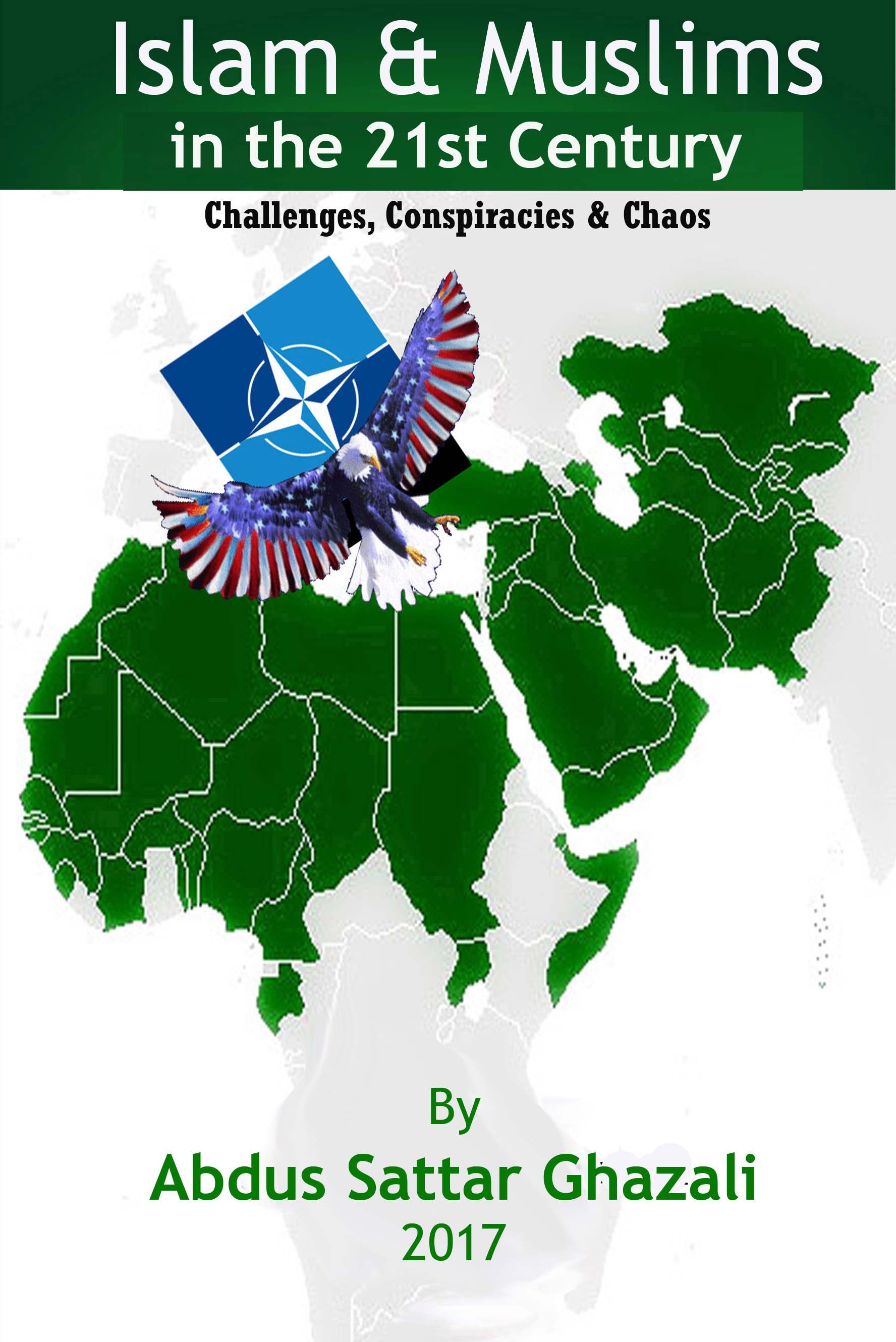Berkeley University study of Islamophobia in India highlights plight of Muslims
The attack and murder of Pehlu Khan, a dairy farmer from Nuh
In April 2017 Pehlu Khan, a 55-year-old, impoverished, Muslim dairy farmer who cared for his blind mother, wife and sons, was lynched in Alwar by a group of gau rakshaks (ultra-nationalist cow protectors) as he transported some cattle in the back of his truck. Alwar is located in the state of Rajasthan and has a predominantly Hindu population at 82.72 percent and is 14.90 percent Muslim, according to India’s 2011 census data. The attack was recorded via cell phone video and it captured the confiscation of his cows. They were seized and taken to a Hindu run gaushala (cow shelter). While in the hospital Khan was able to name his attackers in an FIR before succumbing to his injuries two days later.
Officials have claimed that Khan, his sons and companions had engaged in “cow smuggling” after police said that they were unable to produce a proper receipt for the animals they were transporting. Khan’s son Irshad has offered a receipt for the cows with a stamp of the Jaipur district of Haryana, by a group of 200 cow vigilantes affiliated Municipal Corporation and the proper date to officials and media.
It has also been reported with right-wing Hindutva groups in Alwar, Rajasthan, India. by the Indian Express that Khan was indeed one of ten dairy farmers in his village that provided milk and longtime customers have confirmed that. Khan’s companions, including his sons, were charged with Section 5 of the 1995 Rajasthan Bovine Animal (Prohibition of Slaughter and Regulation of Temporary Migration or Export Act). The act prohibits the transport of cows for slaughter, but the cows in question were “expensive milch cattle with calves,” and not cows for slaughter.
The video footage of Khan’s attack went viral and it was covered in the news across the globe, but that did not stop a few officials in Parliament from denying that the attack took place at all. Deputy Chairman PJ Kurien stated that they could not rely on media reports and called for an official report to be presented to the House regarding the attack by gau rakshaks. Cow related violence is often met with “inaction on the part of state officials” or as in Khan’s case, cross-case charges being filed against victims of such crimes. There have also been reports of “victim and witness intimidation” and “excessively slow investigation and judicial processes.” Shedding light on police corruption when it comes to Muslims and Dalits, the Deputy Superintendent of Police was recorded in a viral video in 2018 explaining how she actually has filed “false cases against Dalits and Muslims” who have tried to file cases at her station under Scheduled Castes and Scheduled Tribes (Prevention of Atrocities) Act.324 She also claims to have withheld arrest of the accused in those cases, advised the accused how to file counter-cases against Dalits, and has filed cases under Section 307 of the Indian Penal Code, attempt to murder, against Muslims, so that they do not get bail easily.
In other cases police have been accused of standing nearby or are participants in the attacks. Regarding a recent lynching in 2018, BJP Union Minister Jayant Sinha went as far as honoring eight men convicted in the cow related lynching of a Muslim man named Alimuddin Ansari in Jharkhand, by placing flower garlands around their necks and hugging them during a ceremony after they were released on bail.
Criminalization of the victims of cow vigilantism through labels such as ‘beef eaters’ and ‘cow smugglers’ is common in the otherization utilized by police, officials and vigilantes in such cases. Criminal charges are often filed against victims of lynchings either exclusively or in tandem with their attackers. Cow legislation that targets Muslims facilitates this injustice. The Indian Express reported in a recent article that criminalization of the victims of cow lynching occurred in states across the country. Commenting on the Alwar lynching, BJP leader and Islamophobe Vinay Katiyar seemed to criminalize Muslims in general and placed responsibility for lynching at their feet when he said, “The incident of mob lynching in Alwar is highly condemnable but people from the Muslim community should abstain from touching cows and provoke aggressive Hindus. There are lot of Muslims who are sheltering cows but are also killing them. Cow meat is also being consumed by them.” This statement encourages perpetrators and can be understood as government support for lynching.
The strategy of criminalizing the victims causes confusion around incidents of lynchings, which should be clear cut cases of criminal violence. Additionally, in some cases more effort is put into the forensic testing of the meat in question rather than in conducting the necessary and thorough investigations to find, arrest and properly charge the perpetrators of such violence. Meat becomes the center of such cases rather than human life, or inmost cases of cowlynching, Muslim life. In fact, a revealing Hindustan Times article reported that police officers found that in most cases the meat in question was not beef.
The media, key players in the dissemination of Islamophobia to the masses, also utilize these dangerous tropes in reporting. These stereotypes are generally deployed to create the violent Muslim menace although beef consumption and slaughter is permissible in Islam, as is owning butcher shops and running halal meat companies and processing plants within India’s lucrative beef industry. The Islamophobic tropes contribute to the concept of the ‘Muslim problem,’ as they facilitate the construction of the Muslim minority as culturally opposite to the Hindu majority and therefore they are then cast as a threat to not only ‘mother cow’ in need of protection, but also to an ultra-nationalist conception of a Hindu nation. But who is protecting the Muslims in India?
In Pehlu Khan’s case it has been reported that villagers believe that his testimony was disregarded in order to protect “influential protect cow vigilantes affiliated to Sangh organisations.” An independent investigative team endorsed by the Alliance for Justice and Accountability, Human Rights Law Network, and South Asia Solidarity Group have identified all of the accused in Khan’s death as local Hindutva activists and have called for the arrest of all six men named by Khan before he died, as well as the filing of a new FIR and an investigation into the involvement of the two named cow vigilante groups: Vishwa Hindu Parishad and Bajrang Dal for their involvement.
A year after Pehlu Khan’s violent lynching by Hindutva vigilantes, the community reportedly remains under siege and justice has not been served. The six men identified by Khan before he succumbed to his injuries “all been absolved by the police of any guilt.” In fact their names have reportedly been removed from the case entirely. Khan’s case is a textbook example of the culture of impunity that exists regarding lynchings under the guise of cow protection.
Read report on Islamophobia in India

The Journal of America Team:
Editor in chief:
Abdus Sattar Ghazali
Senior Editor:
Prof. Arthur Scott
Special Correspondent
Maryam Turab
Your donation
is tax deductable.



